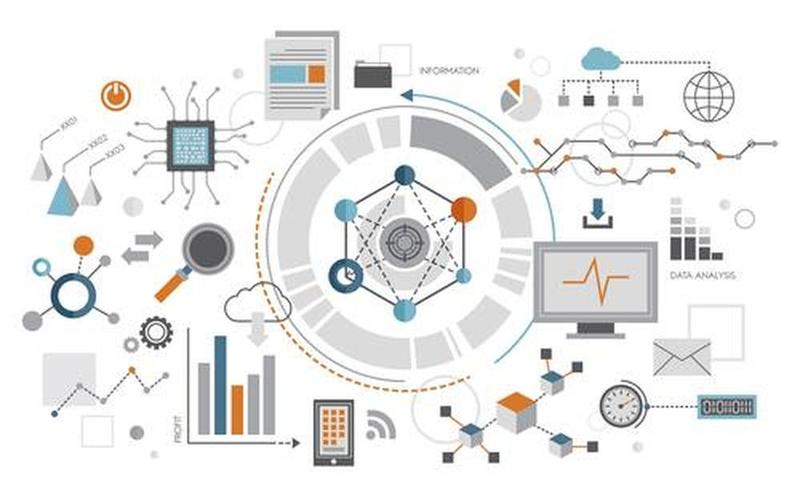Technologies Tech-artificial-intelligence Cpp
C++ is a general-purpose programming language that was developed in the 1980s by Bjarne
Stroustrup. It is an extension of the C programming language and is widely used for developing
operating systems, system software, device drivers, games, and other applications that require
low-level access to hardware.
Benefits of C++
C++ is known for its performance, efficiency, and flexibility, and is used by some of the largest
software companies in the world, including Microsoft, Google, and Adobe. It is a compiled
language, which means that code written in C++ is translated into machine code before it is
executed, resulting in faster execution times compared to interpreted languages like Python or
JavaScript.
C++ Features
One of the key features of C++ is its support for object-oriented programming (OOP), which
allows developers to organize their code into reusable classes and objects. This makes it easier to
write complex software applications and also helps to improve code maintainability and
scalability. C++ also supports generic programming, which enables the creation of generic
algorithms and data structures that can be used with different types of data.
Another important feature of C++ is its support for low-level programming, including direct
memory access and pointer manipulation. This allows developers to write code that interacts
directly with hardware, such as device drivers or real-time operating systems. C++ also provides
a range of libraries and APIs that can be used to interact with system resources, such as the file
system, network interfaces, and hardware devices.
One of the key advantages of C++ is its compatibility with C, which allows developers to reuse
existing C code in their C++ projects. This makes it easier to integrate C++ code with existing
systems and libraries, and also enables developers to take advantage of the extensive range of C
libraries and APIs that are available.
C++ also provides a range of features that make it well-suited for large-scale software
development, including support for templates, namespaces, and exception handling. Templates
allow developers to write generic code that can be used with different types of data, while
namespaces enable developers to organize their code into logical groups. Exception handling
provides a mechanism for detecting and handling errors in code, which can help to improve the
reliability and robustness of software applications.
C++ Applications
C++ is used in a wide range of applications, including operating systems, database systems,
game engines, and scientific computing. Its efficiency and performance make it well-suited for
applications that require fast execution times and low-level access to hardware resources. For
example, C++ is used extensively in the gaming industry for developing game engines and
graphics libraries, as well as in scientific computing for developing simulations and data analysis
tools.
C++ also has a strong presence in the embedded systems industry, where it is used for
developing firmware and software for embedded devices, such as microcontrollers, sensors, and
IoT devices. Its ability to interact directly with hardware resources and its support for low-level
programming make it a popular choice for embedded systems development.
C++ Challenges
C++ is a complex language that can be difficult to learn, particularly for novice programmers.
However, there are many resources available online for learning C++, including tutorials,
documentation, and online courses. Additionally, there are a range of development tools and
IDEs (Integrated Development Environments) available for C++ development, including Visual
Studio, Eclipse, and Code::Blocks.
C++ is a powerful and flexible programming language that is widely used in the
software industry for developing complex applications that require low-level access to hardware
and high performance. Its support for object-oriented and generic programming, as well as its
compatibility with C, make it a popular choice for large-scale software development. While it
can be challenging to learn, there are many resources available for learning C++, and it remains a
vital tool in the software developer's toolkit.






